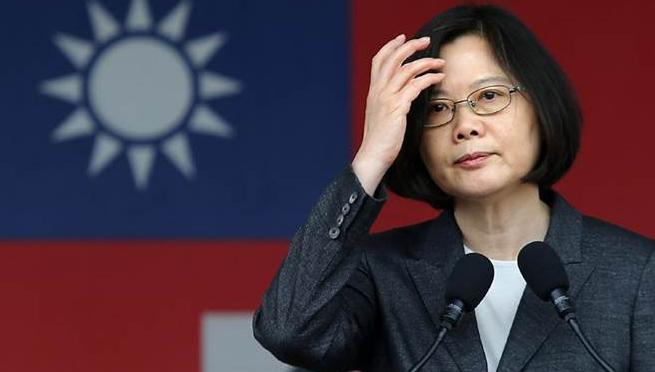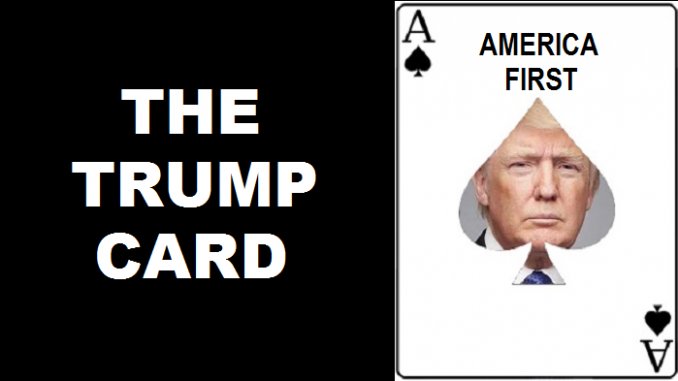
Zhu Songling, Professor, Beijing Union University
Jun 12, 2017
If the DPP continues to create obstacles for cross-straits relations out of its selfish partisan interests, there is ample reason for us to feel concerned about the state of mainland-Taiwan relations in the next three years.

Dean P. Chen, Associate Professor of Political Science, Ramapo College of New Jersey
Feb 06, 2017
The inauguration of President Donald J. Trump on January 20, 2017 suggests that U.S. foreign policy is moving away from the Wilsonian liberal internationalism, which has guided American foreign policymaking since the end of World War II, toward the “America-first” Jacksonian populism.
Zhu Songling, Professor, Beijing Union University
Jan 21, 2017
Cross-Strait relations in 2017 are only a part of the changing Sino-US relationship and reorganization of the global order. It is in the interests of both the US and China, as well as the interests of Taiwan, to maintain the status quo, which must be recognized anew by Taipei and Washington.
Dennis V. Hickey, James F. Morris Endowed Professor of Political Science, Missouri State University
Jan 23, 2017
A peace pact will yield numerous dividends for both sides and promote peace and stability in the Western Pacific, which is why politicians in Beijing and Taipei ought to listen to the people.
Zheng Yu, Professor, Chinese Academy of Social Sciences
Jan 12, 2017
The Trump administration may exert unprecedented strategic pressures on China against the background of continuous implementation of the pivot to the Asia-Pacific. But that is unlikely to boost the US economy for many reasons, and the Republicans’ realist diplomatic philosophy and Trump’s businessman’s pragmatism make it possible for reversals in the next US government’s aggressive China policies.
Vasilis Trigkas, Visiting Assistant Professor, Schwarzman College, Tsinghua University
Dec 14, 2016
Strategic surprise and a cultivated image of irrationality is a classical strategy in a game of brinkmanship. One side highlights its willingness to “dance too close” to the cliff’s edge and maximize risk, leading its opposition into eventual retreat. Trumps’ discussion with Tsai Ing-wen must be seen through the prism or feigned irrationality. Trump, a studious businessman, may have considered the strategies of past presidents and found the “Madman” hypothesis compelling for his ultimate goal: to leverage Chinese adamancy over core national interests like the Taiwan issue into an agreement over trade and jobs – his existential political pledge.
Dec 06, 2016
State Department says that the U.S. remains firmly committed to the “one China” policy, and that’s based on the three joint communiques and the Taiwan Relations Act and there’s been no change in U.S.'s longstanding policy with regard to Taiwan.
Doug Bandow, Senior Fellow, Cato Institute
Jul 28, 2016
Taiwan long has been one of the globe’s most dangerous tripwires. Would the U.S. really risk Los Angeles for Taipei, as one Chinese general famously asked? Washington officials hope never to have to answer that question, but the recent Taiwanese missile misfire offers a dramatic reminder of the danger of guaranteeing other nations’ security.
Ted Galen Carpenter, Senior Fellow, Randolph Bourne Institute
Jul 26, 2016
U.S. leaders have become complacent about Taiwan. Americans need to ask themselves what level of risk they are willing to take to defend Taiwan. The U.S. is obligated to assist the island under the Taiwan Relations Act of 1979, and as China grows stronger militarily, Taiwan deserves more attention than it is receiving in the U.S.
Back to Top

- China-US Focus builds trust and understanding between the U.S. and China through open dialogue among thought leaders.
- Our Offerings
- Topics
- Videos
- Podcasts
- Columnists
- Research Reports
- Focus Digest
- Stay Connected
-
Thanks for signing up!
- Get the latest stories from China-US Focus weekly.